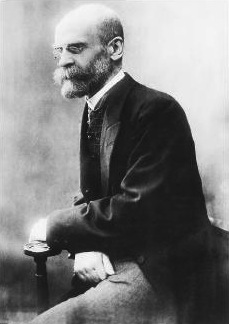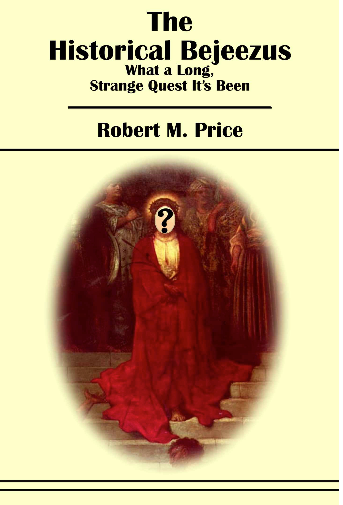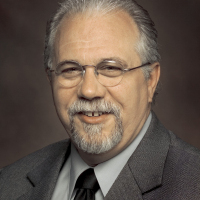
This post is in some ways a response to the Jerry Coynes and Sam Harris’s and others who blame religions for human actions; it is also a response to my reading a certain professor’s study of Christian origins from a perspective that yields no quarter to any explanation that resorts to “something unknowable to the modern historian”.
In this post I will outline a way of understanding the nature of religion — as well as an understanding of what religious believers are really engaged in with their beliefs and practices — from a considered empirical perspective. Religion is a human creation and should be understood like any other human activity.
Yet in reality religion is rarely seen as something so natural or as something that can be evidently explained in mundane human terms.
If someone religious does something crazy or cruel many of us are likely to blame the religion itself as a cause as if the religion is a monstrous force that took possession of willing or unwilling slave. Some even speak of religious memes as if there are free-floating genetic-like forces that can infect and plague the unwary.
If someone joins a bizarre cult many of us will likely say brainwashing was to blame.
Religions can appear to be mysterious powers, divine or demonic.
Religious scholars and even those not so religious can scarcely bring themselves to understand the origins of a great faith in terms of the same sorts of historical forces that are assumed to give rise to other institutions.
Despite the diversity of Christian views on the subject, Christians almost universally assume that something extraordinary stands at the very beginning of Christianity. Whether this extraordinary moment is understood in terms of the singular intrusion of the divine into history, or in terms of the revolutionary way in which the historical Jesus awakens the numinous in others, the origin of Christianity for Christians remains unique. [Citations here to works by Crossan, Borg, Keck.] Apparenty, as Rodney Stark’s recent account demonstrates, the power of this presumption of uniqueness is great enough to immunize the extraordinary nature of Christian origins against even the explanatory efforts of sociologists. (J.C. Hanges “Durkheim and Early Christianity” in Reappraising Durkheim for the Study and Teaching of Religion Today ed by T.A. Idinopulos and B.C. Wilson, 2002, p. 143, my bolding)
For James Constantine Hanges (quoted above) as a historian of religion this is not good enough. Christianity, indeed any religion, “must be explicable in terms of empirical processes, especially in terms of the processes of social formation.” (p. 144)
For this understanding Hanges turns to Émile Durkheim‘s sociological understanding of the nature and origins of religions. The beauty of this approach is that it enables a
a means by which to disrupt [our] accepted religious categories and to make something familiar seem suddenly very strange. (p. 144)
Reminds me of G.K. Chesterton’s famous quote about travel:
The whole object of travel is not to set foot on foreign land; it is at last to set foot on one’s own country as a foreign land.
Everything that follows is based on my reading of some of Hanges’ explanations of Durkheim’s sociological explanation of religion (from Reappraising above and other works) and a perusal of Durkheim’s Elementary Forms of the Religious Life (online). So understand these are elementary student notes cut very bare for a basic overview. With apologies to genuine students of sociology!
Here goes.
The Two Truths of Religion
To understand religion in modern societies Durkheim began by examining how religion worked in primitive societies. This way he expected to understand the fundamental principles of social institutions that become increasingly complex in the societies we know. Though religious ideas and institutions in modern societies are complex they can nonetheless be more easily understood if we can see the more primitive forms from which they have derived.
There are probably only two truths that are expressed in any stable religion —
-
the nature of the individual
-
the nature of society
Every individual is aware that he lives at two levels: as a private individual limited by his physical body and as a member of society, as part of a group that transcends any individual.
Society wields a power external to us and that is far greater than any of us. It represents an identity that is greater than any one person. Each of us has a very close (and subordinate) relationship with it. We each live in some sort of communion with this power.
I think we can see where this idea is headed with respect to the origin of “god”. Continue reading “Understanding the Nature of Religion and the Religious”






